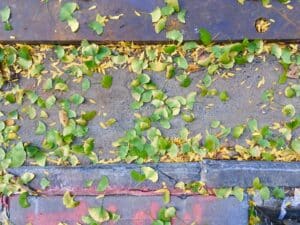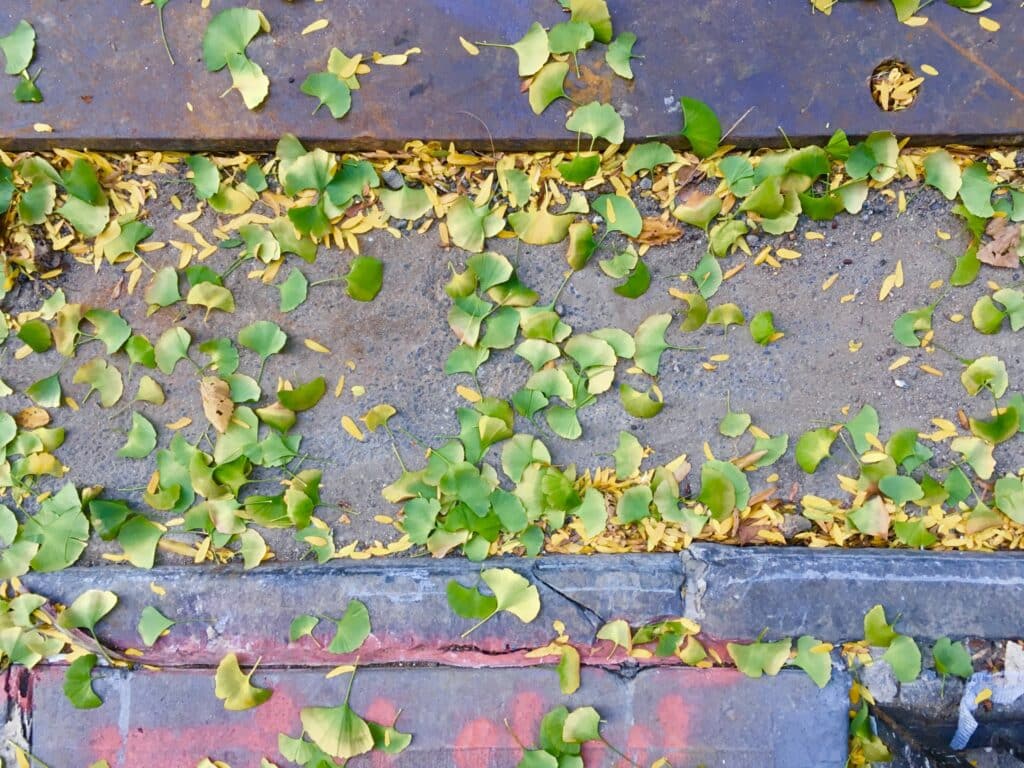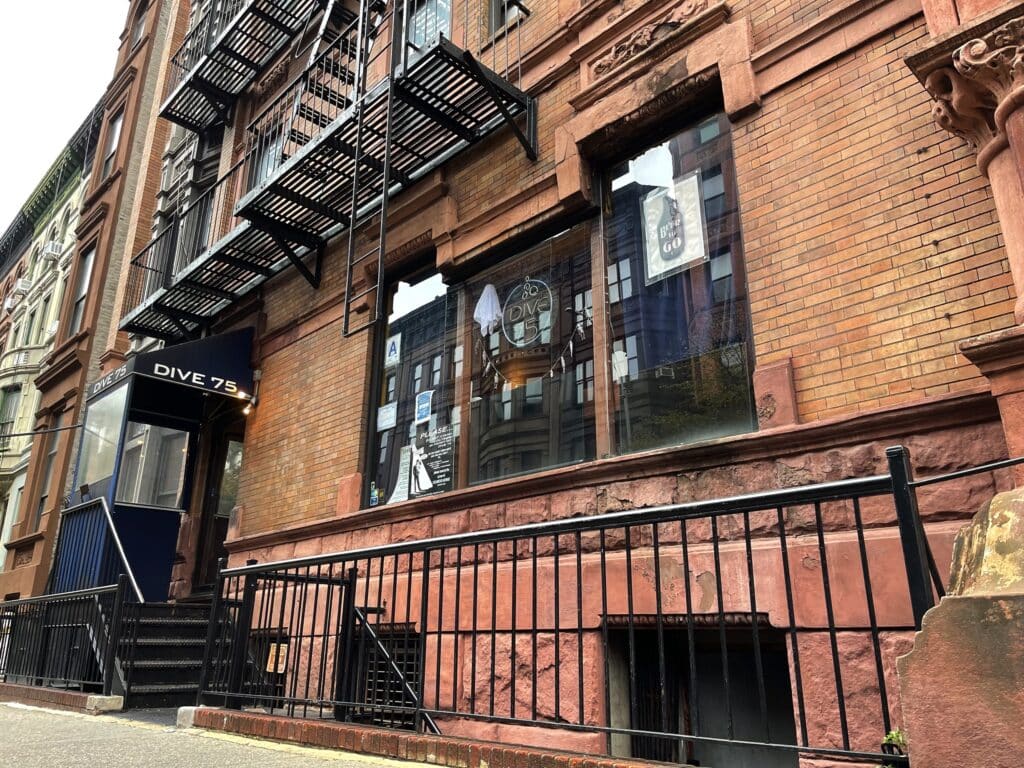Fall Foliage New York
Central Park
Though the intensity, drama and rate of change of autumn leaf color varies from autumn to autumn, there is no doubt that the Northeast's transition from summer’s lush green foliage to winter’s skeletal remains is indulgence worthy. Like the Aurora Borealis, its occurrence is predictable, its timing not so much.
Short of taking a driving tour, a walk through Central Park may be your best way of appreciating it, and to kill several birds with one stone you could walk along The Mall with its allée of Elms --- one of the last stands of this magnificent species (because of the ravages elsewhere of Dutch Elm disease) --- from the cluster of sculptural writers at its south end to Bathesda Terrace at its north, then over the Bow Bridge into The Ramble, stopping when you leave it for refreshments at the Loeb Boathouse Restaurant and bar.
Other noteworthy nearby park sites are Cleopatra’s Needle and Strawberry Fields (which is also ‘forested’ and, where the path enters from Central Park West, stand several Katsura trees which, in their Autumn death throes, burst forth with the kitchen aromas of caramel and baked sugar. There, on every hand are Sugar Maple, Black Locust, Pin Oak, Black Oak, Hornbeam and London Plane, Juniper and Gingko, whose foliage can be found as 270 million year old fossils.
The Central Park Conservancy issues a Fall Guide proclaiming this dazzling spectacle which includes a map.
You should download the app describing it all, called 'Central Park'. Very useful.
Find your way with 304 Insider Tips from our Local Spotters
Nice place right!? There’s so much more to discover:
Discover all other hidden gems in New York
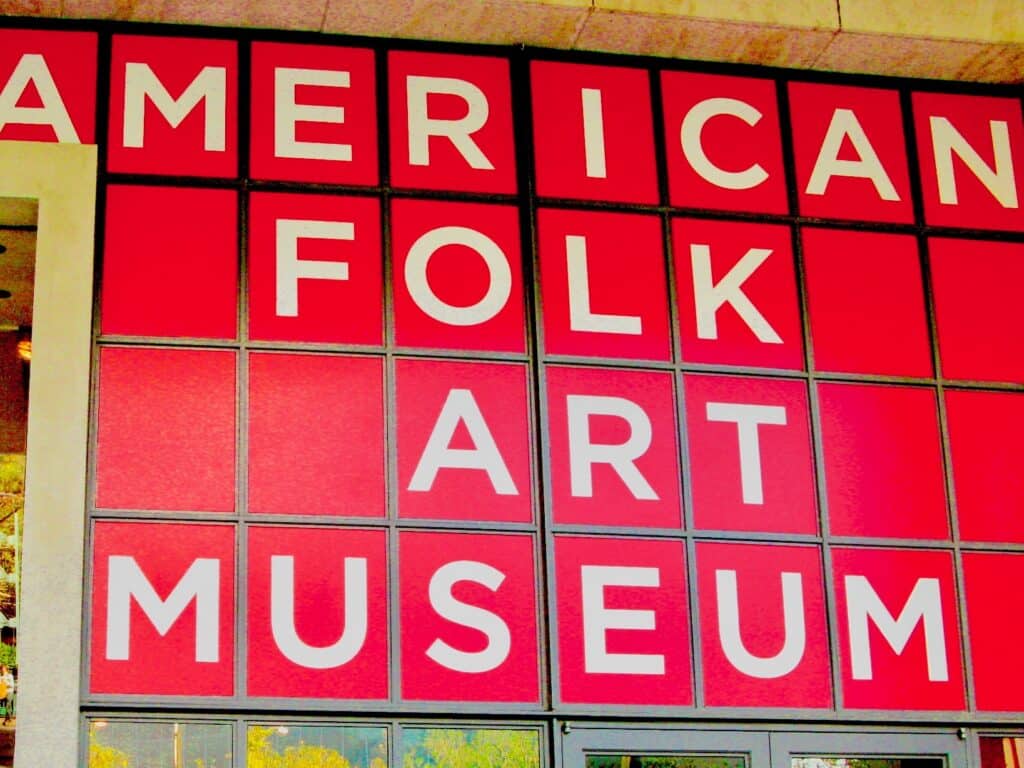
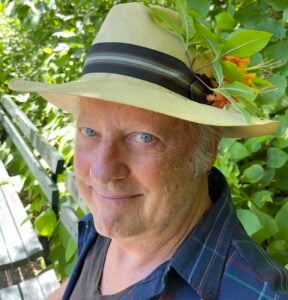
American Folk Art Museum
Free recitals
The American Folk Art Museum in New York hosts free live jazz and eclectic concerts, with thoughtful exhibits and a folksy gift shop worth browsing.
by
Geoffrey
Dunbar
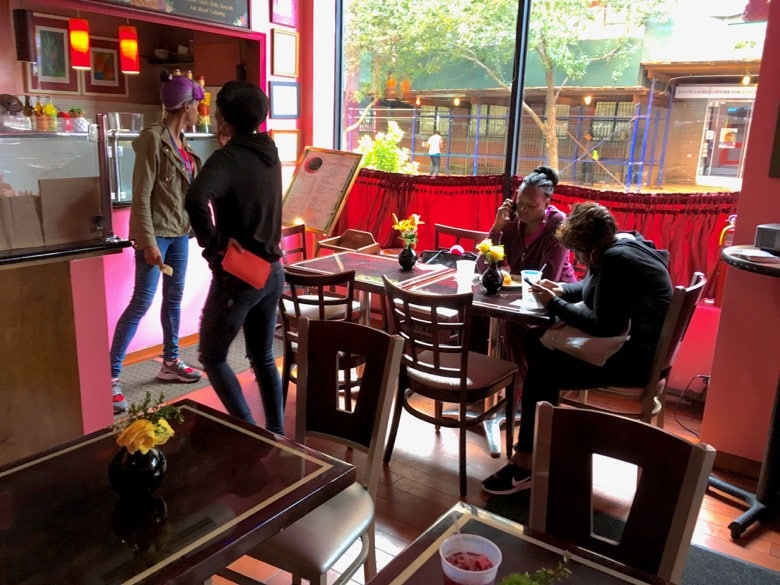

Sisters
Soul/Jamaica Fusion in Harlem
"Sisters" in New York is a Jamaican restaurant. Let's put it like this: when I go to Jamaica, I don't seek a restaurant until I come back!
by
Geoffrey
Dunbar
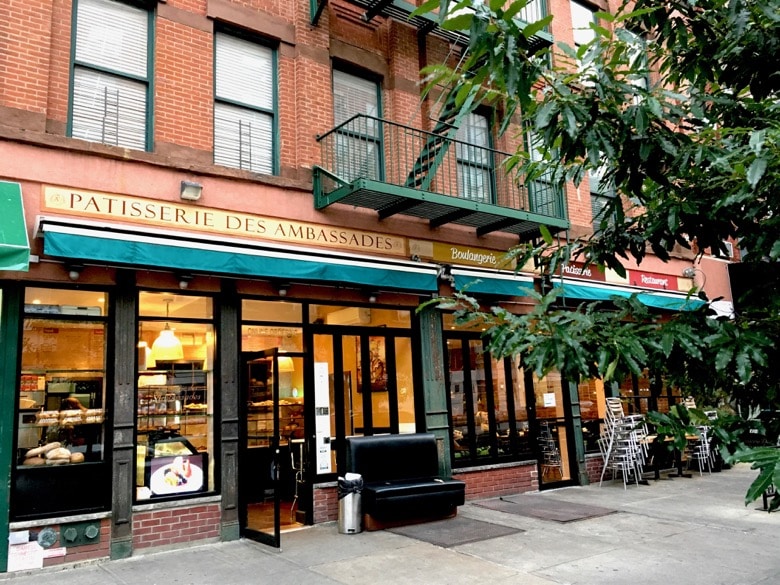

Patisserie des Ambassades
Senegalese/French café
"Patisserie des Ambassades" in New York has extensive opening hours and prepares dishes & desserts for every time of day. It's refreshingly old-fashioned.
by
Geoffrey
Dunbar
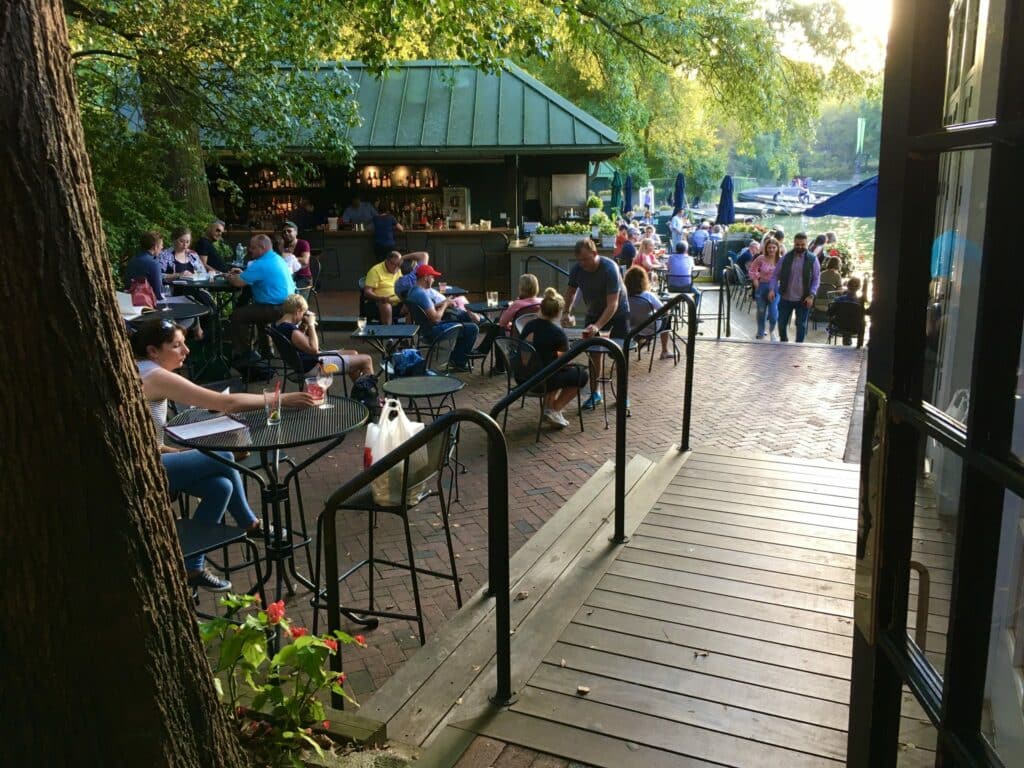

Loeb Boathouse
Central Park
"Loeb Boathouse Restaurant" in New York's Central Park is in the vicinity of the Bethesda Fountain and I think it's best for a warm-weather drink...
by
Geoffrey
Dunbar
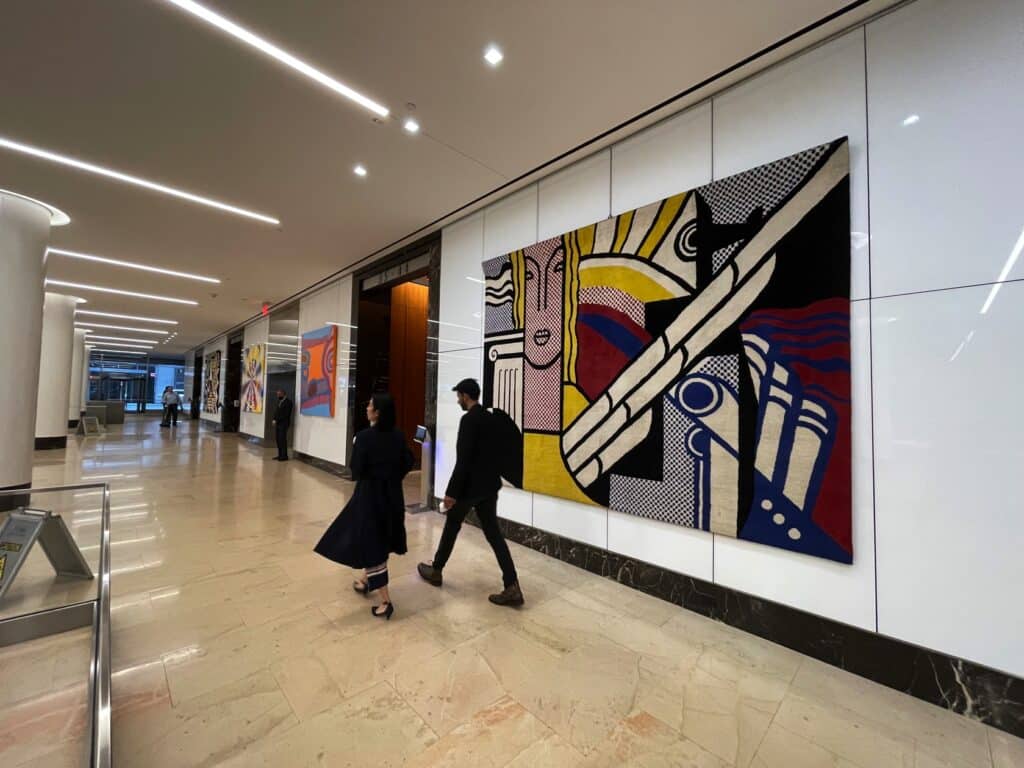

1166 Sixth Avenue
Lichenstein & Otterness
In the lobby of 1166 Avenue of the Americas in NYC hang some significant tapestries by Lichtenstein & a large bronze homage to capitalism by Otterness...
by
Geoffrey
Dunbar
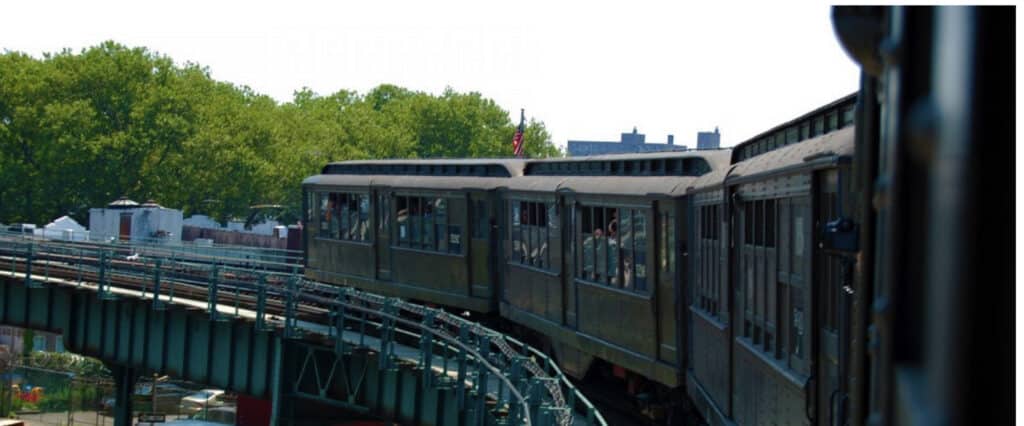

Subway Nostalgia
Vintage subway train excursions
The MTA in NYC offers subway "nostalgia rides" during the summer months on old cars from the '30s and '40s. Book your ticket now!
by
Geoffrey
Dunbar


Teranga
Senegalese food at the Africa Center
"Teranga" in New York City, in the Africa Center, is a restaurant as well as a library. It feels musical and maintains a feeling of communal comfort...
by
Geoffrey
Dunbar
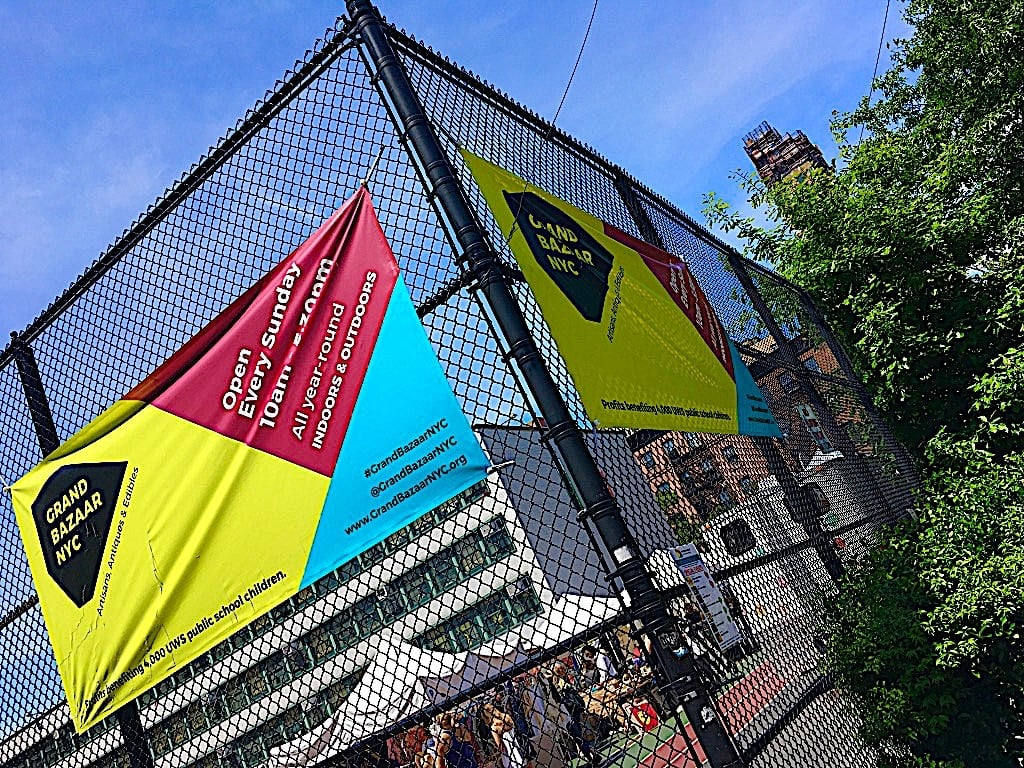

Grand Bazaar
Flea market UWS
"Grand Bazaar" NYC is the city's largest outdoor market, also with an indoor section. Here you can find absolutely everything and for bargain prices!
by
Geoffrey
Dunbar
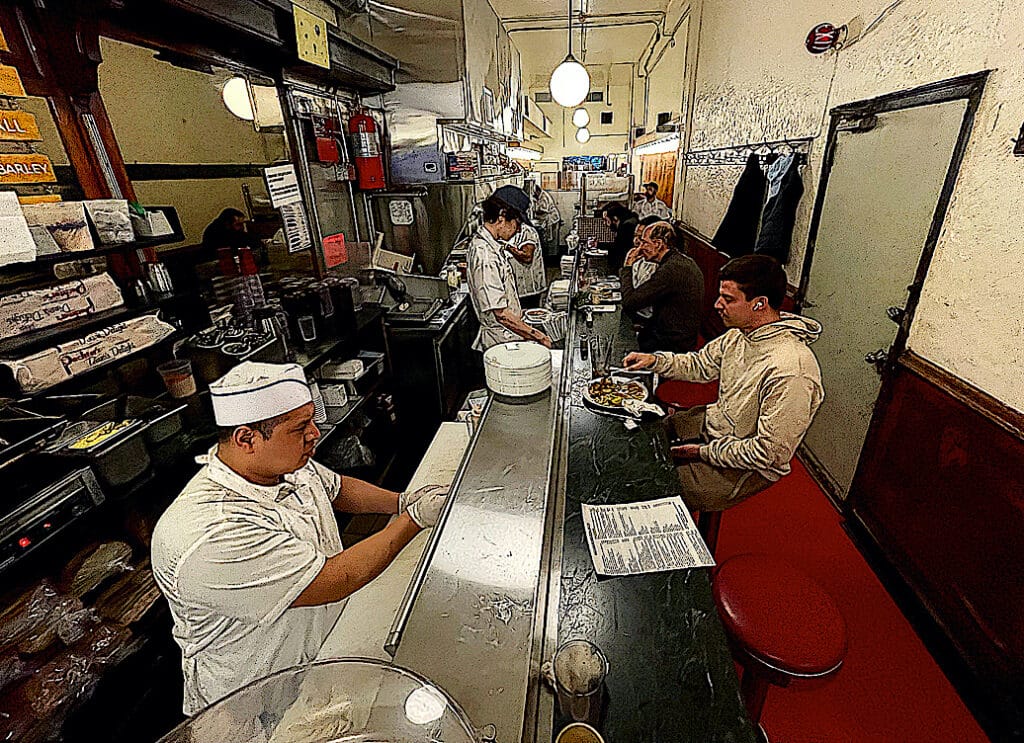

S&P Lunch
1928 Lunch Counter
S&P Sandwich Shop, opened in 1928, serves Jewish classics like matzoh ball soup and latkes in a nostalgic setting that feels like stepping back in time. A must-visit!
by
Geoffrey
Dunbar
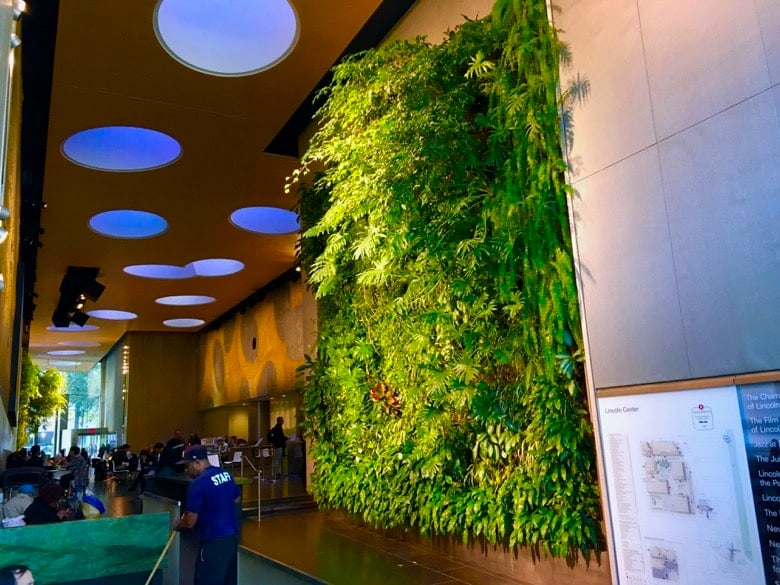

Rubenstein Atrium
Lincoln Center free concerts
"Rubenstein Atrium" in New York's Lincoln Center has a free performance every Thursday night. I recommend you try to arrive around 18:30 to catch a seat.
by
Geoffrey
Dunbar
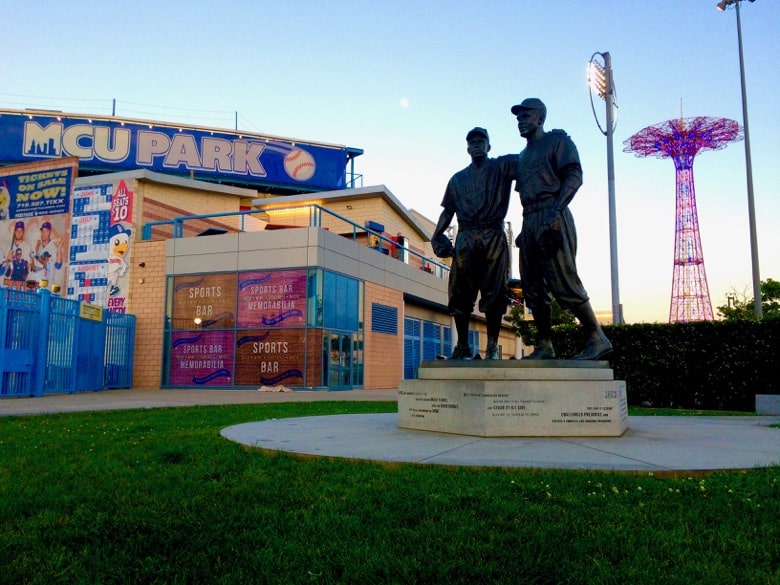

Professional Baseball
April 4 opener 2025
Games of Professional Baseball in New York doesn't just mean watching the Yankees play and paying 100s of dollars: watch a Class A game for much cheaper!
by
Geoffrey
Dunbar
Heading to New York?
304 Insider Tips from our local Spotters
Authentic Stories by Real People
Escape the Crowd & Travel Slow 🐌
... for just €9.99

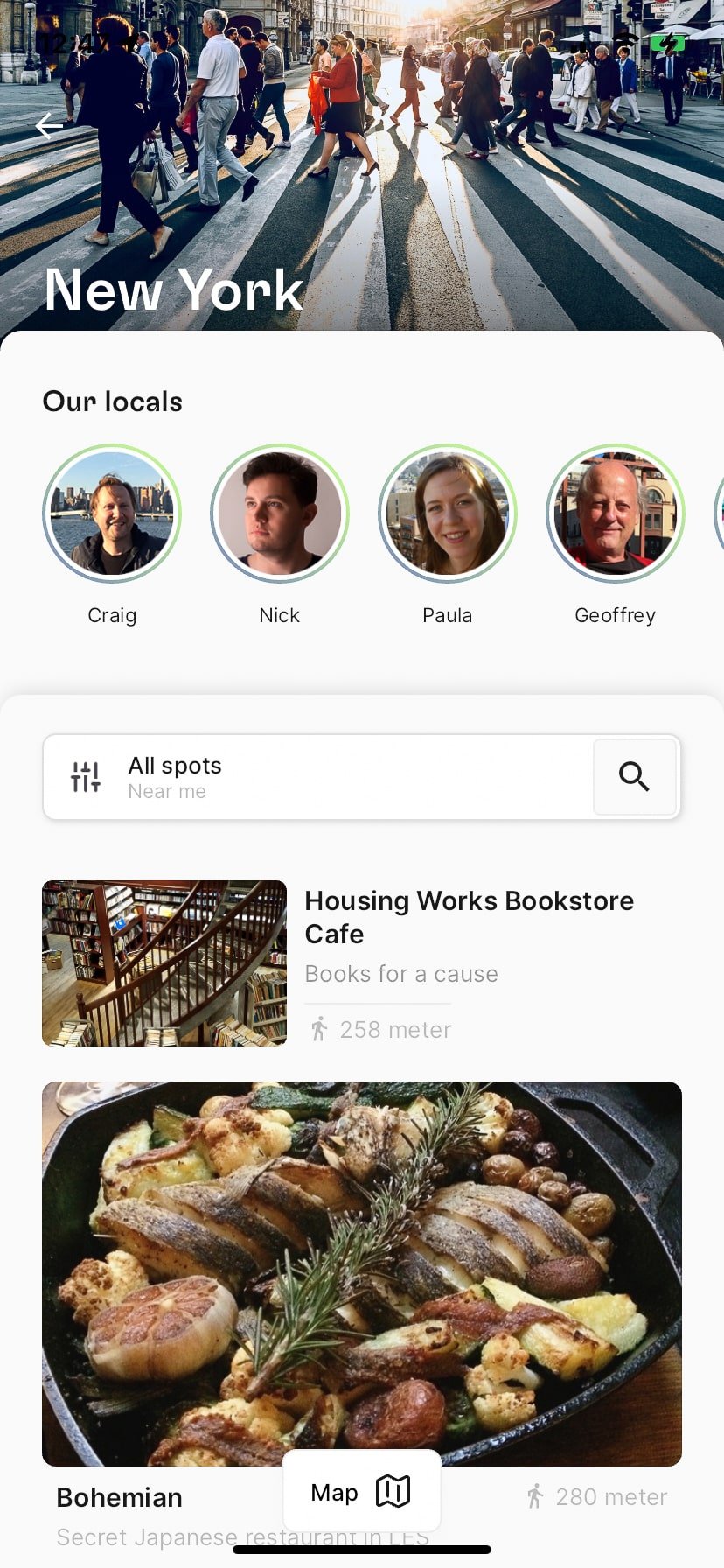

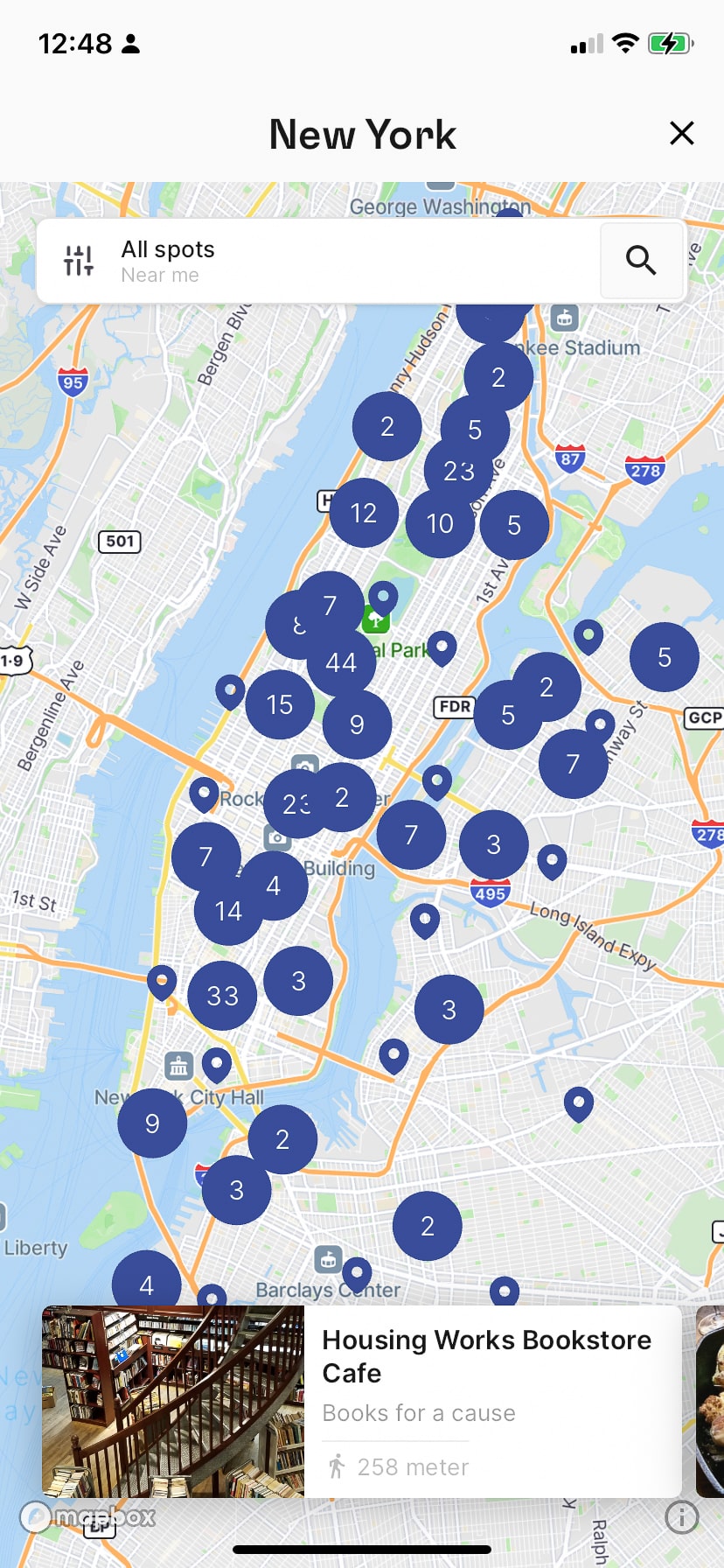


Heading to New York?
✓ 0 Insider Tips from our local Spotters
✓ 304 Insider Tips
✓ Escape the Crowds
✓ Find Spots nearby
✓ Authentic Stories
... for just €9.99
City guides by those who know the city in and out!
Our Locals' Favorite New York
Our team loves New York
Get to know our other Spotters from New York
As featured on:




